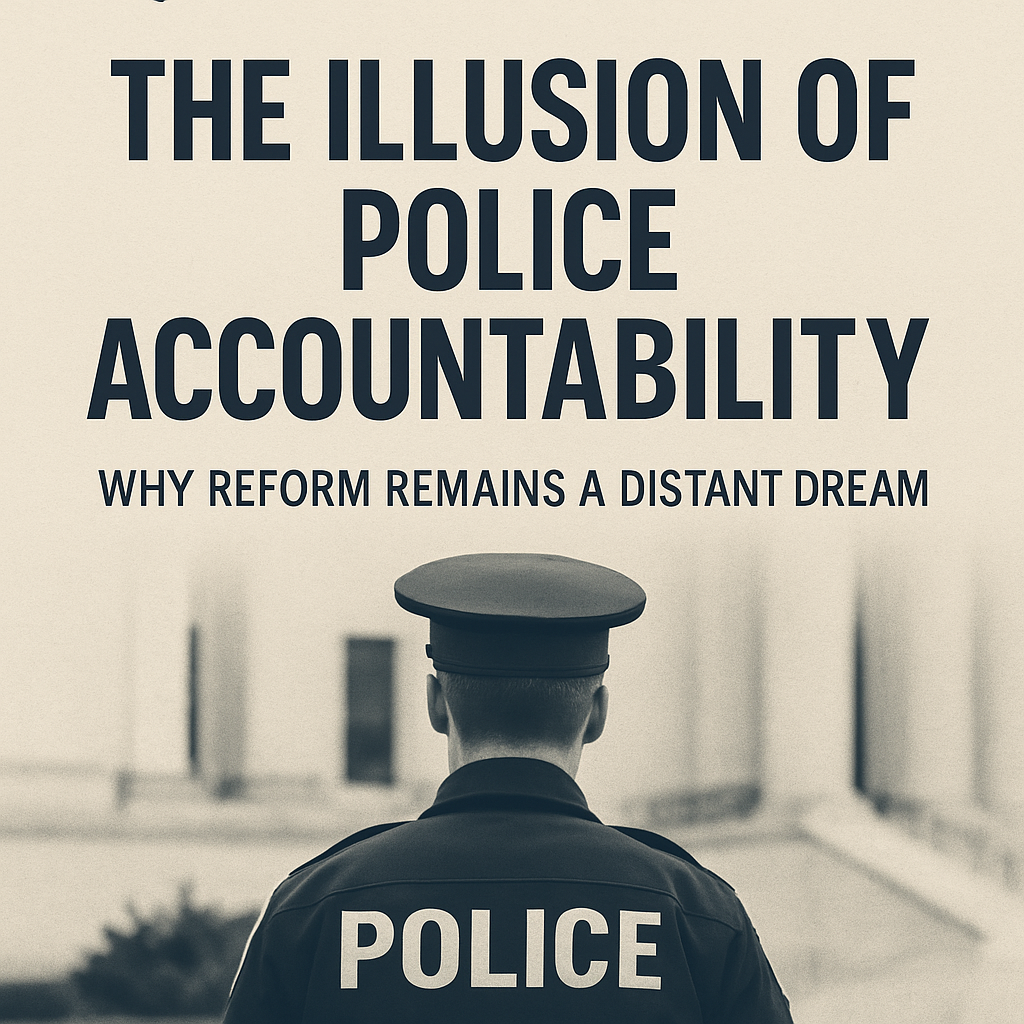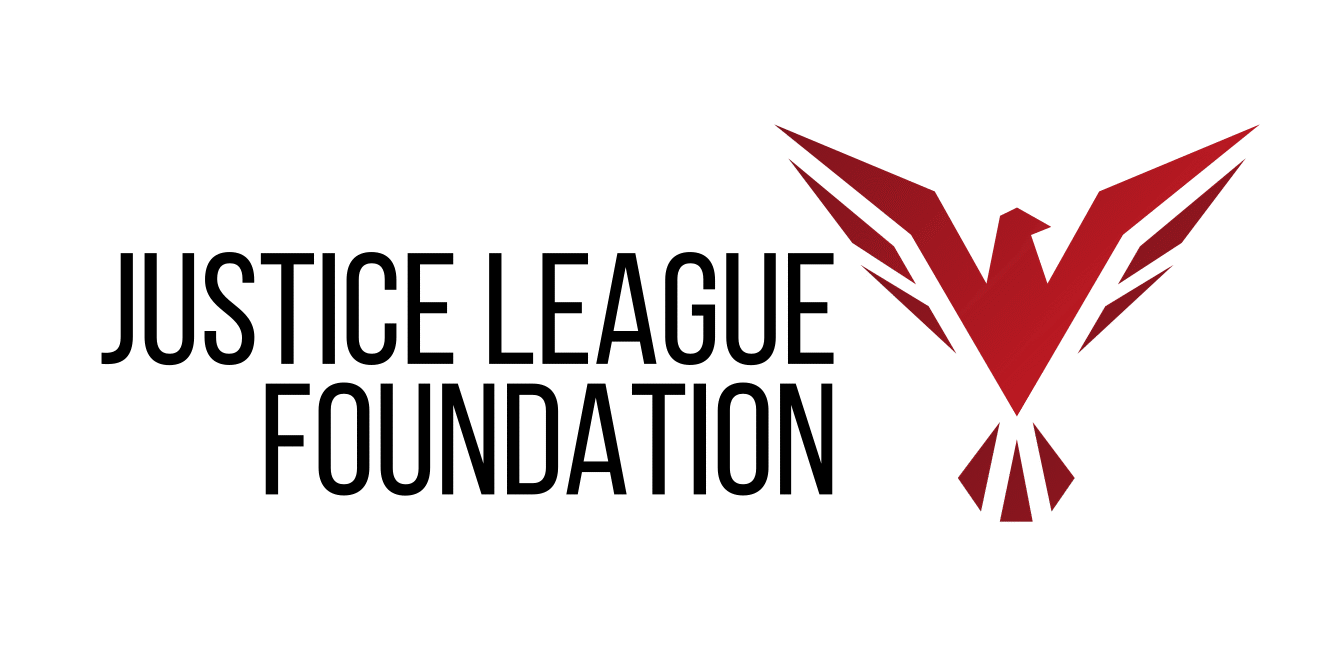When the Uniform Stands Above the Law
The structure of India’s police is entangled in political influence, bureaucratic inefficiency, and colonial hangovers.
While the Constitution places policing under state jurisdiction, central oversight still dominates through the IPS cadre and paramilitary forces. This dual control leads to confusion, diluted responsibility, and a system resistant to reform.

For decades, we’ve heard calls for police reform in India stronger oversight, independent investigations, accountability. But in reality, these promises echo through hollow institutions. When those tasked with protecting us abuse that power, justice should not be a gamble. And yet, for countless citizens, it still is.
State Power Without Restraint
The structure of India’s police is entangled in political influence, bureaucratic inefficiency, and colonial hangovers. While the Constitution places policing under state jurisdiction, central oversight still dominates through the IPS cadre and paramilitary forces. This dual control leads to confusion, diluted responsibility, and a system resistant to reform.
When Justice Comes Late, If At All
The courts have, on occasion, offered hope. Victims of custodial deaths, wrongful arrests, or torture have managed to secure compensation through constitutional writs. These victories, though rare, expose the depths of abuse suffered by ordinary people : illegal detentions, missing persons, parades of public humiliation. But such cases represent a fraction of the injustices, and only when the violation is “gross” enough to “shock the conscience” of the judiciary does the system stir.
More often, victims find themselves navigating a maze of red tape, obstructed by procedural shields like Section 197 of the Criminal Procedure Code, which requires government sanction before police officers can even be prosecuted for crimes committed “in the course of duty.” In practice, this provision is often used to block justice altogether.
When the State Pays, But Officers Walk Free
In the rare cases where courts award compensation, it is the State that foots the bill – not the individual officers responsible. This shields those in uniform from personal consequences. Imagine a system where the public pays for the misconduct of those meant to protect them, while the perpetrators continue in service.
Such structural failures erode public trust and undermine the rule of law. The message is clear: while the uniform may be accountable in name, it is rarely so in effect.
Police Complaints Authorities: Reform Derailed
To address these gaps, the Supreme Court once proposed setting up Police Complaints Authorities (PCAs) — independent bodies with the power to investigate serious misconduct. Yet, nearly two decades later, this reform remains largely ornamental.
Most states have either not constituted PCAs or have made them toothless by filling positions with serving officers or political appointees. In many cases, these authorities lack even the basic power to summon officers or order action. With little autonomy, no witness protection, and funding tied to police departments themselves, these watchdogs have been effectively defanged.
NHRC: A Tiger Without Teeth
The National Human Rights Commission (NHRC), though tasked with addressing human rights violations, also suffers from limited authority. It can make recommendations – to pay compensation or take disciplinary action – but it cannot enforce them. In many cases, victims receive paltry sums, and there is no follow-up on whether the officers responsible are punished.
Compensation is awarded even in the absence of visible injuries – a recognition that abuse can leave invisible scars. But the variability in the amounts and lack of transparency in how cases are handled have made the NHRC appear more symbolic than systemic.
The Road Ahead: More Than Just Compensation
Accountability must mean more than simply pay outs. It must mean prosecution. Dismissal. Public scrutiny. Transparent investigations. A system where the law protects the citizen, not the uniform.
We must strengthen the lower judiciary to make justice accessible outside the High Courts. We must dismantle the procedural shields that block FIRs against police. We must appoint independent oversight bodies and give them teeth. And above all, we must ensure that officers who betray public trust do not hide behind institutional apathy.
Justice is Not a Favour – It’s a Right
The Justice League Foundation believes that no uniform should stand above the Constitution. True reform demands more than rhetoric; it demands political will, legal clarity, and institutional integrity.
Until then, for too many, justice will remain a battle not just against their abuser, but against the very system that promised to protect them.
– Team Justice League Foundation
